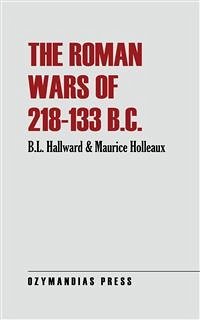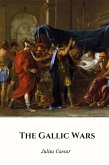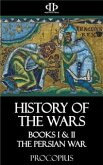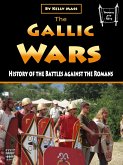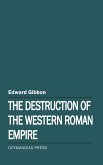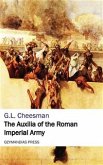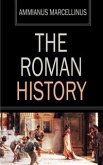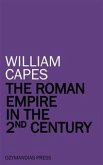THE Second Punic War has rightly been regarded by ancient and modern writers alike as the greatest in the history of Rome. The deep insight of Polybius, who lived to see Rome undisputed mistress of the Mediterranean, has noted and recorded how the issue of the struggle inaugurated a new era in Europe. A unity of ancient history begins, with Rome as the focus, which ends only when the Roman Empire split into two halves. The military history of the war down to Cannae and the outstanding personality of Hannibal are illuminated by the concise and orderly account of the Greek historian and by the literary skill of Livy. It is true that Livy's patriotic bias, moral purpose and rhetorical color, added to a lack of any real understanding of how wars are waged and battles fought, are immediately perceptible where the crystal stream of Polybius can be used for comparison. Consequently, when Polybius is lacking and Livy becomes almost the only source, extreme caution is needed if we would endeavor to reproduce a narrative of what happened rather than a mirror of the garbled Roman tradition. But Polybius and Livy alike reflect the grandeur of the theme which so captured the imagination of the Romans that even under the Empire “Should Hannibal have crossed the Alps?” or “Should Hannibal have marched on Rome after Cannae?” were debated by boys in the schools and by mature rhetoricians. And lastly, apart from the intrinsic military interest of the battles and sieges, apart from the dramatic vividness of the personalities of Hannibal and Scipio Africanus, the war reveals the Roman character and the Roman constitution tested in the supreme ordeal by fire...

